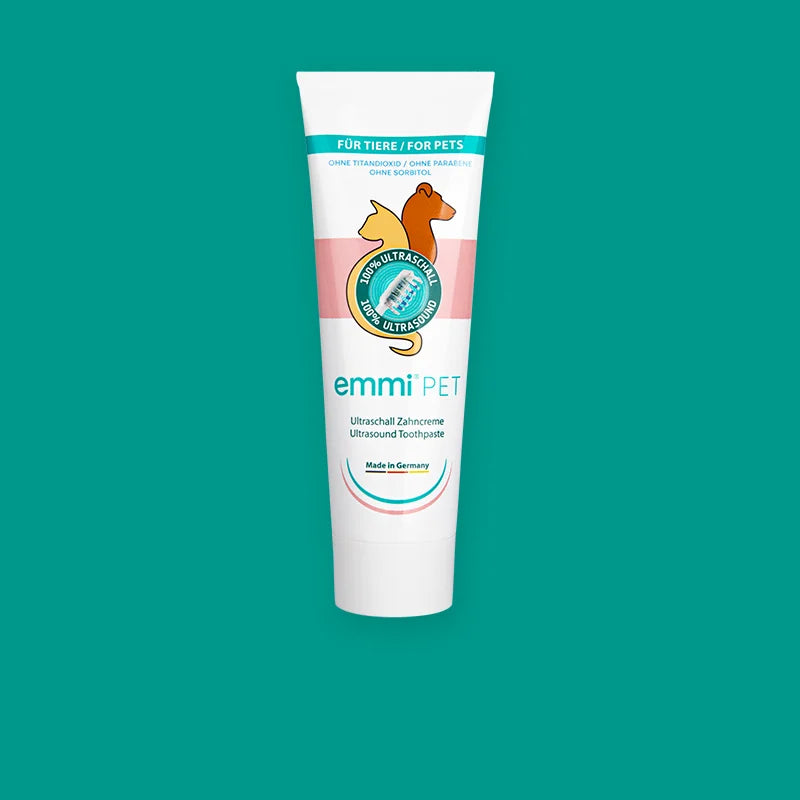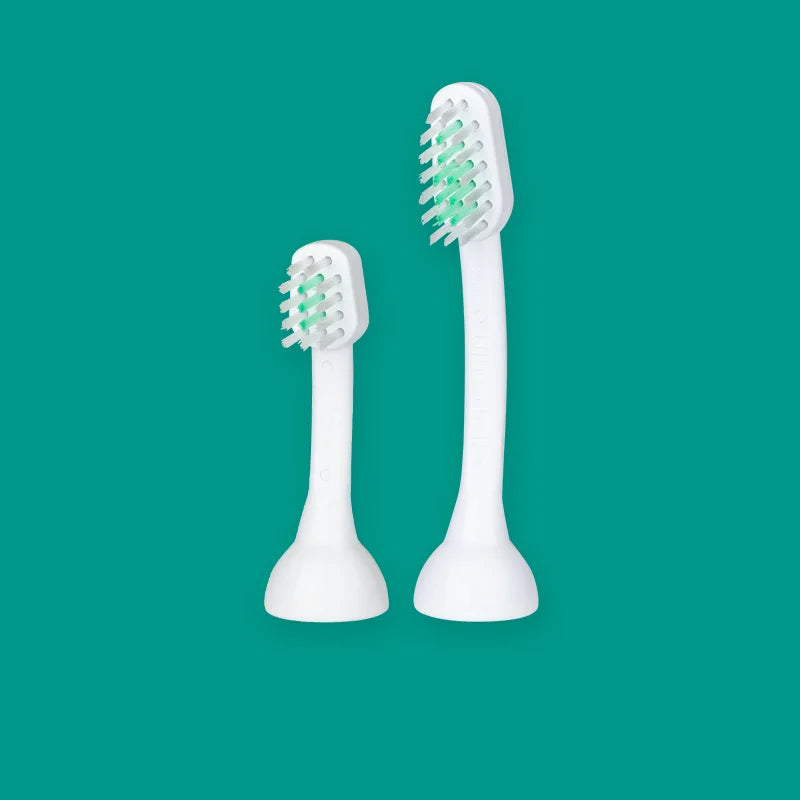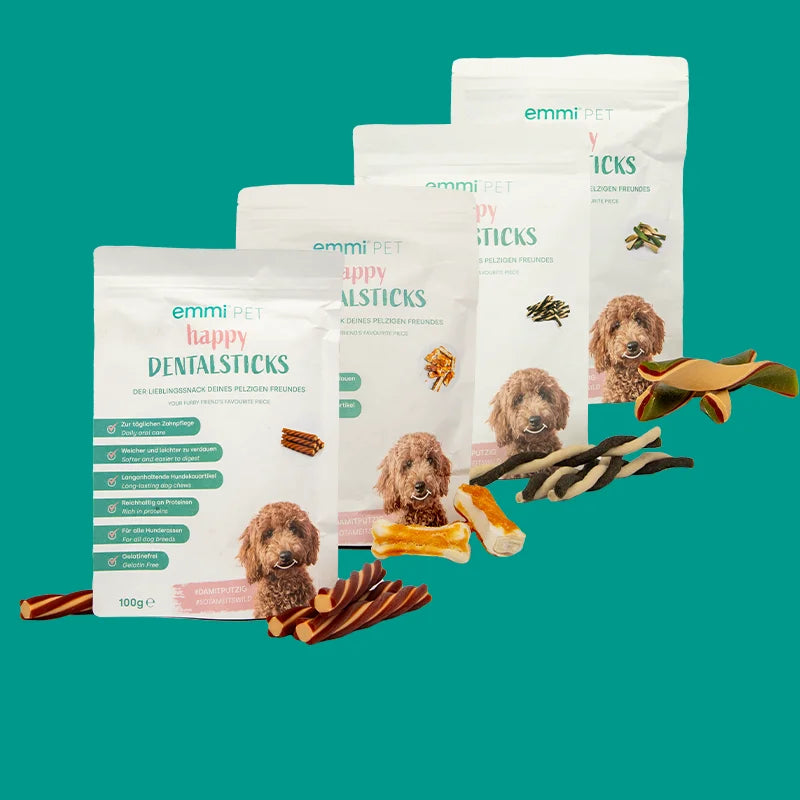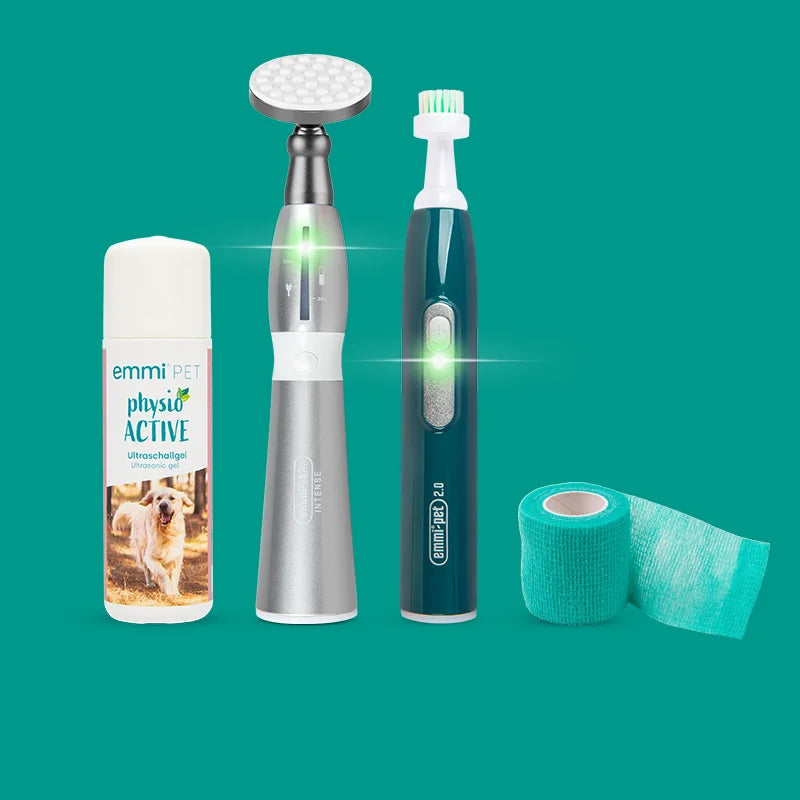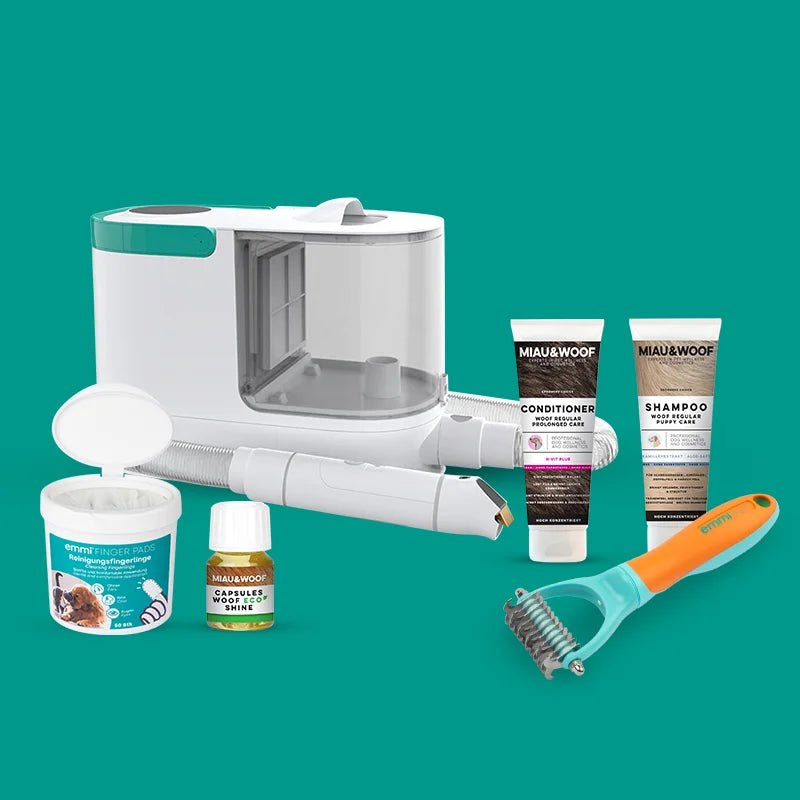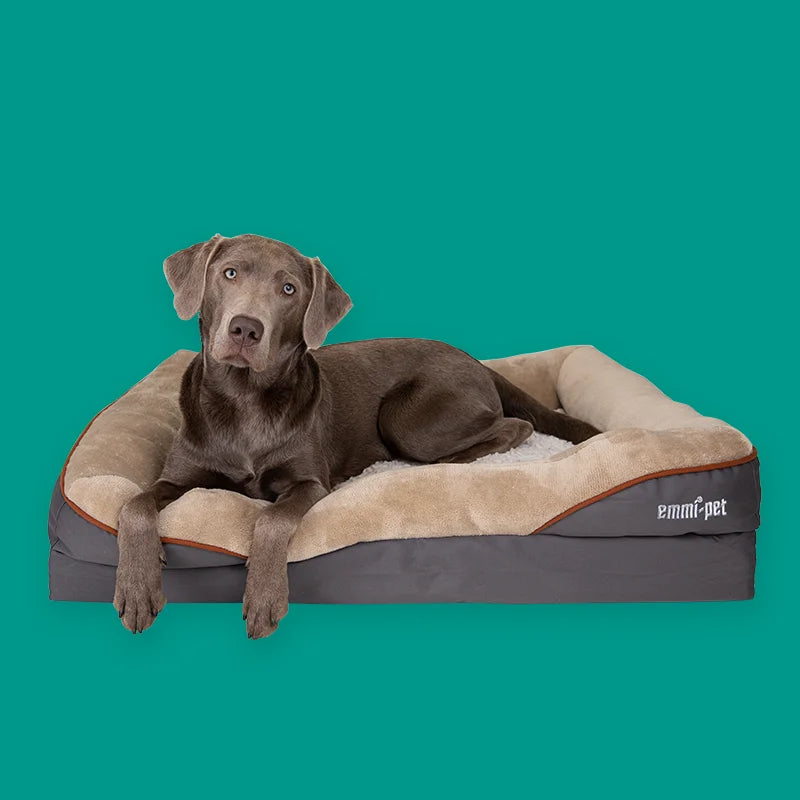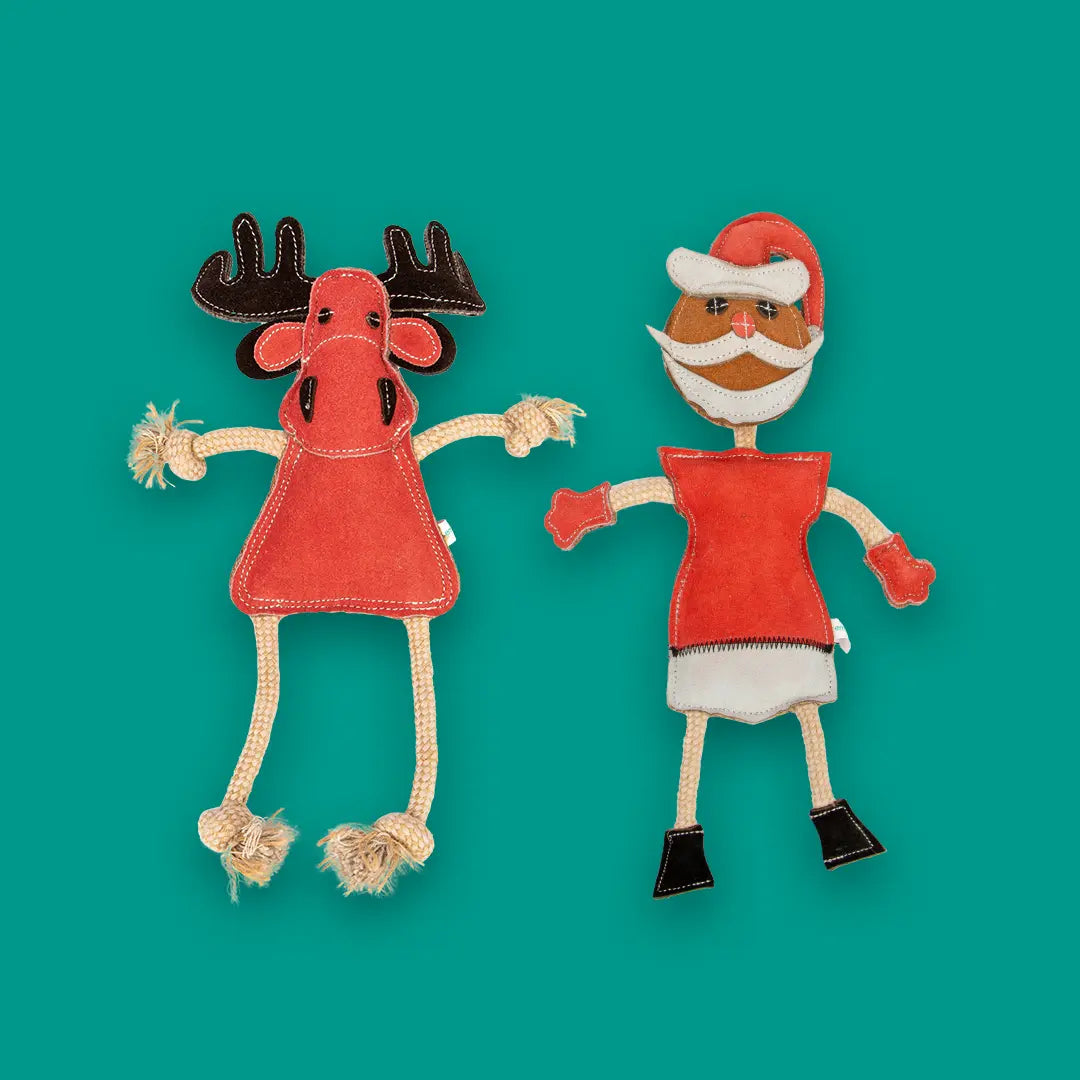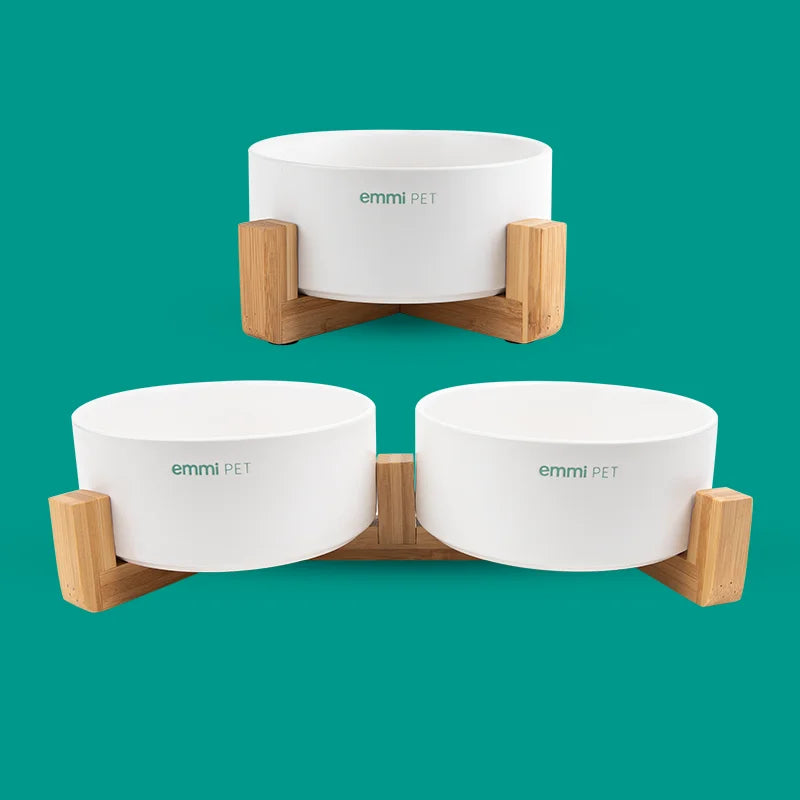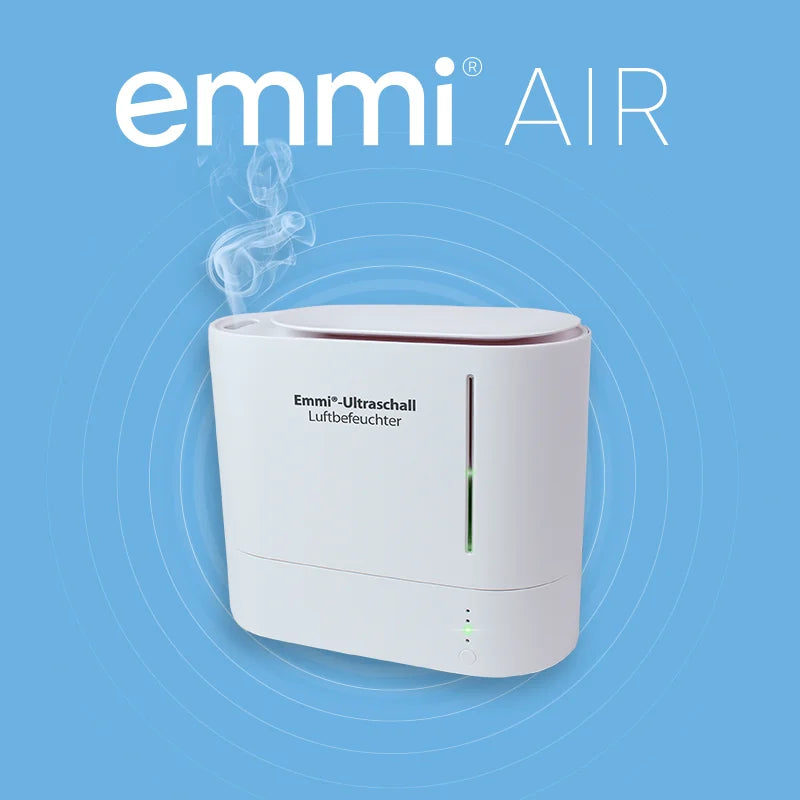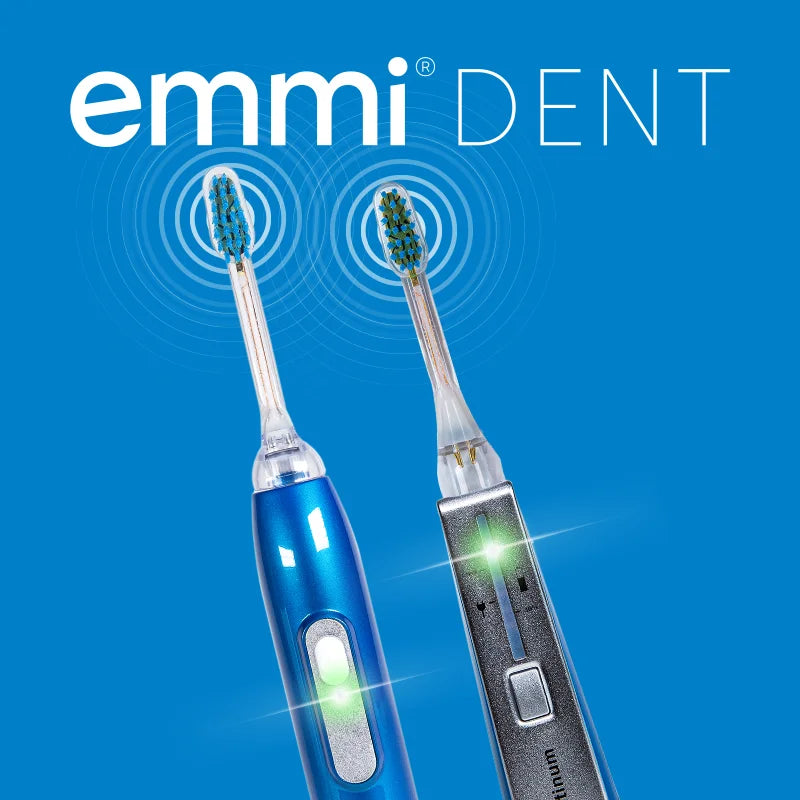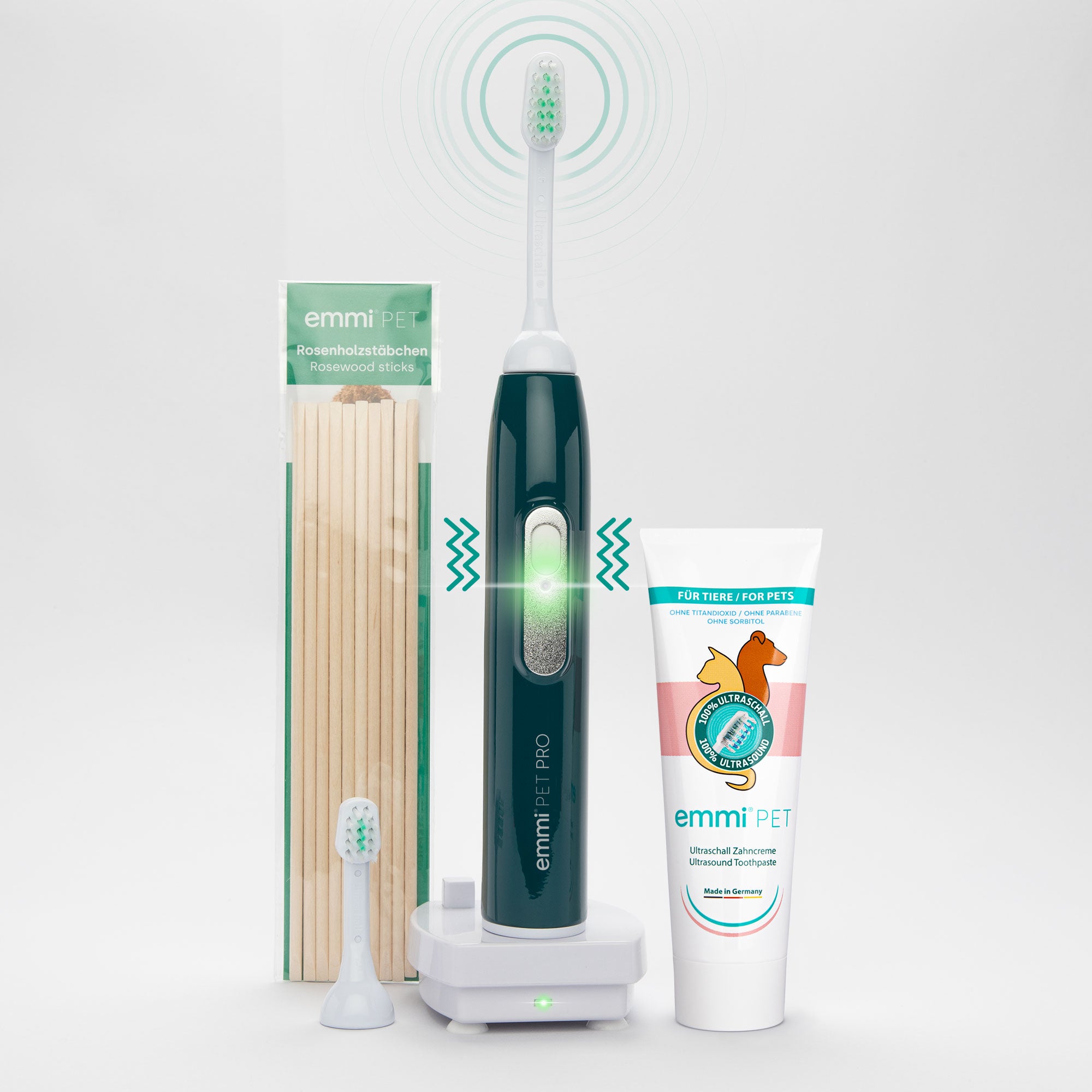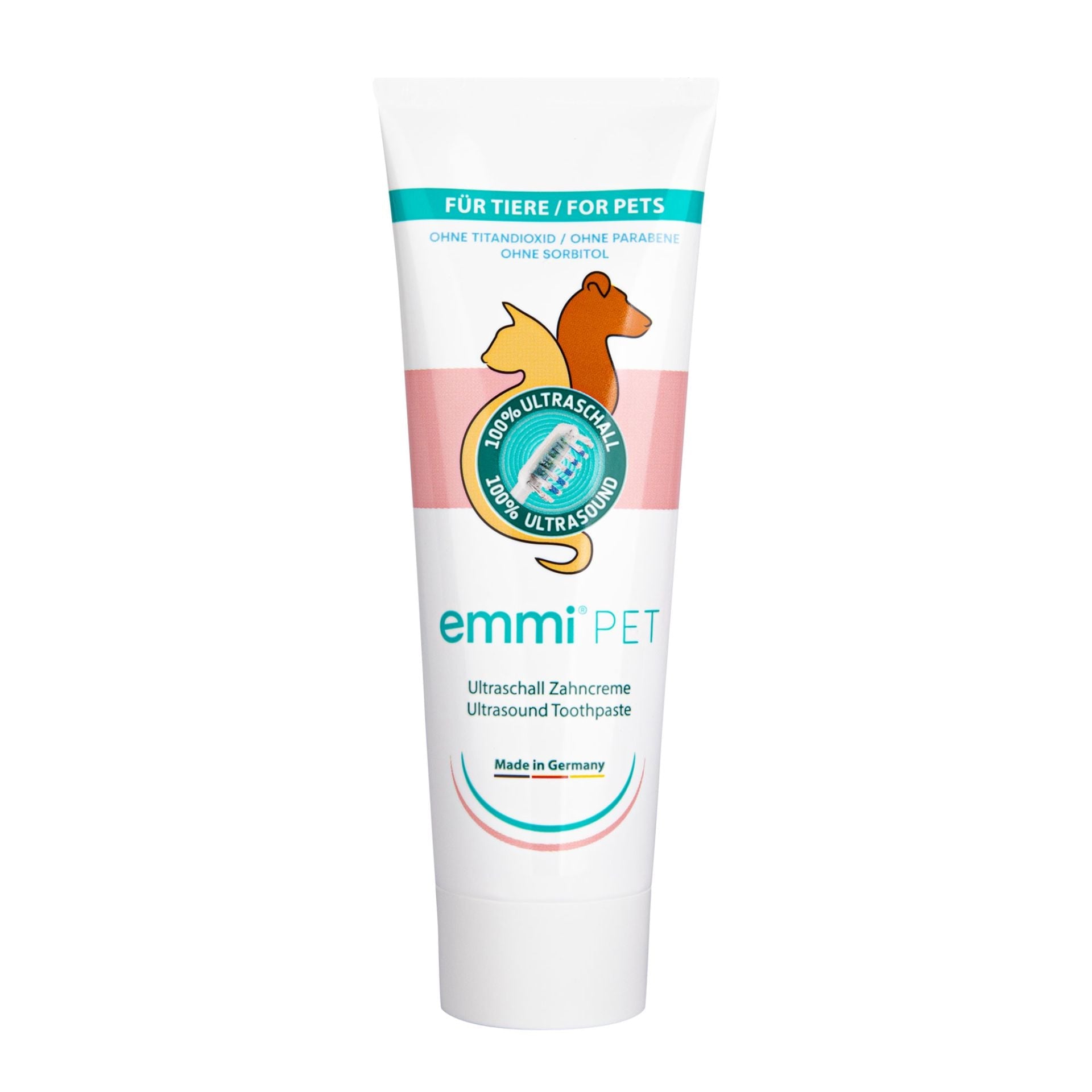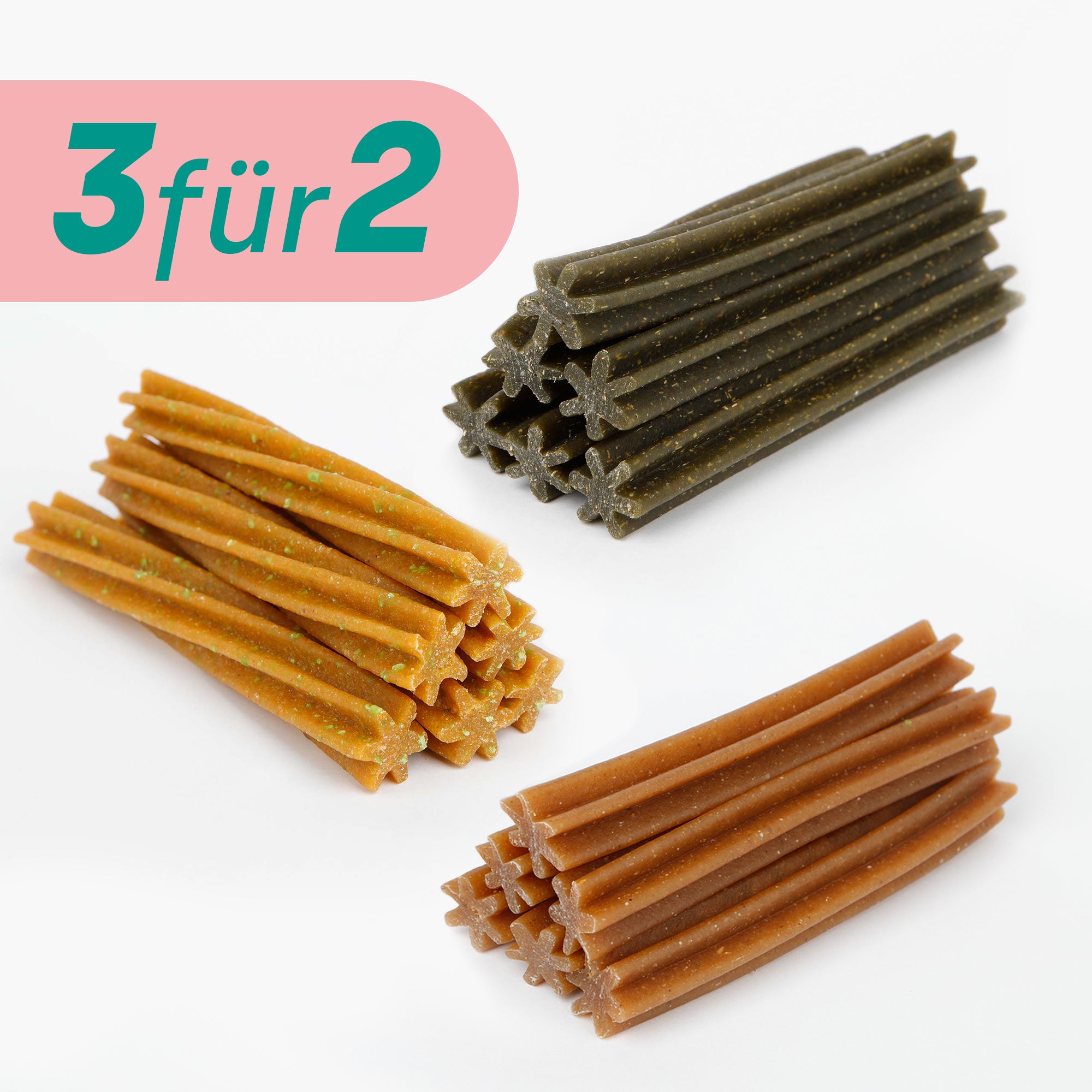Tooth root infection in dogs
Root canal inflammation is a major problem in veterinary dentistry. Unfortunately, in most cases, it can only be treated surgically. In today's blog post, we'll explain how the condition manifests and how you can effectively prevent root canal inflammation in your dog.
Tooth root inflammation in dogs: The clinical picture
Root canal inflammation is an inflammation of the tooth root. Similar to humans, it manifests itself as severe toothache. The pulp, nerves, blood vessels, and periodontal membrane can be affected. The entire periodontal ligament can also be affected. In most cases, however, the transitions are fluid.
Harmful bacteria cause root canal inflammation. It often develops as a result of gum inflammation (gingivitis) or trauma (injury). Tooth decay can also lead to root canal inflammation, but this is relatively rare in dogs.
How quickly a tooth root infection spreads depends on your dog's immune response. Younger and older dogs, in particular, often have weaker immune systems. Regular dental checkups and care are therefore essential. For dental care, we recommend our emmi-pet ultrasonic toothbrush . It cleans your dog's teeth particularly gently and thoroughly.
Chronic inflammatory stimuli can also lead to granulomas, small nodules of newly formed tissue.
Tooth root inflammation in dogs and its treatment options
The most commonly affected teeth are the canines and the first molar in the upper jaw. Diagnosis can often only be made by a veterinarian.
Treatment options depend on the extent and severity of the infection. The sooner a tooth root infection is diagnosed and treated, the more effective the treatment will be. If left untreated, the bacteria can spread to other parts of the body.
In most cases, a tooth root infection can only be treated under anesthesia. The veterinarian will then decide whether dental treatment is appropriate or whether the tooth needs to be extracted.
If there is a chance of success, the root tip is removed and the cavity is filled. The surrounding tissue is removed, the wound is irrigated, and antibiotics are administered.
After treatment, antibiotics and pain medication with anti-inflammatory drugs may be necessary. Support your dog with soft food for the first few days and rinse the wound in the mouth with sterile saline solution after eating.
Tooth root inflammation in dogs: prognosis and prophylaxis
The prognosis is good with timely and expert treatment. For preventative care, you should have regular dental checkups. Don't just stop at visual and tactile examinations. Our emmi-pet ultrasonic toothbrush is ideal for professional dental care.

